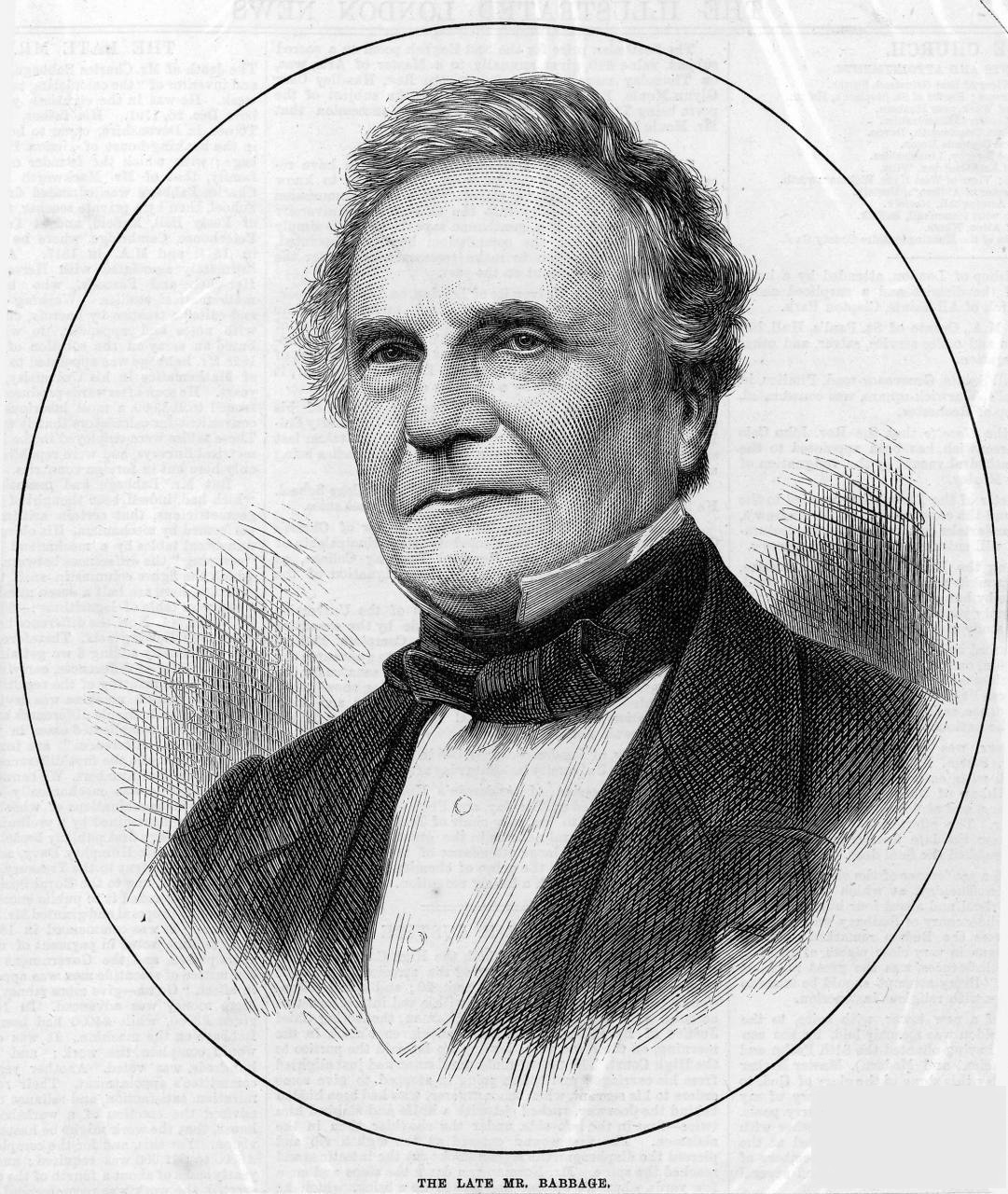Artificial Intelligence
Introductory Session
Hans Georg Schaathun
NTNU, Noregs Teknisk-Naturvitskaplege Universitet
12 January 2023
Who are we?
- What is your name?
- Where do you come from? Place and first degree.
- What do you expect to learn?
Tools
Sessions
- Briefing 10.15-11.15
- Break
- Exercise 11.30-13.30
- NB Make sure to take a Lunch break
- Status 13.30-14.00
- Exercise 14.00-15.15
- Break
- Debrief 15.30-16.00
This may vary from week to week.
Practical Information
- See Wiki
- Compulsory Assignments
- Learning Outcomes
- Exam Format
- Talk to me!
- Feedback in Class
- Homework
Artificial Intelligence
Debate
- What is intelligence?
- What is AI?
- Is AI possible?
Briefing
- Reading Russel & Norvig Chapter 1
- Lecture Notes
(Artificial?) Intelligence
| Think | Act | |
|---|---|---|
| Humanly | Cognitive Model | Turing Test |
| Rationally | Logic | Decision Making |
Philosophy
- How do we know?
- How do you find your solution?
- How does the computer find its solution?
- How can we be sure that we know?
- How do you know if your solution is correct?
- Hume's Is-ought problem
- How do you know what is?
- How do you know what ought to be?
Six Areas of AI
- Natural Language Processing
- Knowledge Representation
- Automated Reasoning
- Machine Learning
- Computer Vision
- Robotics
The Analytical Engine

By anonymous
Alan Turing

By unknown.Public Domain
1950s
- Enthusiasm and Expectation 1952-59
- Birth of AI as a separate field 1956
- Simon & Newell: Logic Theorist
- Coincides with Scientification
- Lisp 1958, Eliza, GPL
- Machine Evolution 1958
Eliza

By Ulrich Hansen, Germany (Journalist), CC BY-SA 3.0,Wikimedia Commons
Reality 1966-73
- optimistic ten-year predictions fail
- three challenges
- AI has no domain knowledge
- intractible problems
- limited representations (two perceptrons do not suffice)
Knowledge-based systems 1969-79
- Previous limitation: weak methods which do not scale. Brute force?
- Solution: knowledge bases
Early 1980s
- Industrilisation
- DEC has the first commercial expert system 1982
Mid-1980s
- Scientific methods
- Machine Learning is Statistics
- Neural Networks return
1995
- Intelligent Agents
- Rebirth of the whole agent vision
Turn of the Millenium
- Big Data
- Exploding Storage Capacity
- the Internet grows
2011
- Computing Power
- Vector processors
- Deep learning
- Reinforcement learning
Applications
- Autonomous Ships (Ottar, Robin)
- And flying drones (Erlend)
- Medical Image Processing (Hans Georg)
- Diagnosis, e.g. cancer detection
- Image segmentation to make 3D models of the patient
- EEG (Brain Waves) (Robin)
- Cosmology - detect dark matter (Hans Georg, Ben David)
- Information Security (previously Hans Georg)
- detect clandestine communication (steganalysis)
- intrusion detection
Is it all good?
Semester at a glance
- Programming and Problem-Solving ($\sim 6$ weeks)
- Ethics: When it helps, when it hurts, and when it fails (long and thin)
- Genetic Algorithms (2-3 weeks)
- Machine Learning, Statistics, and Data Analysis (1-2 weeks)
- Reinforcement Learning (2-3 weeks)
Programming and Problem Solving
- Python
- You may use any language, but I use python for (most) examples.
- GodinGame
- In-house skeleton code published on github
Problems to be Solved
Make an intelligent agent.
Your program has to
- Look at the problem.
- Find a good solution.
- Act accordingly.
- (in some games) iterate



